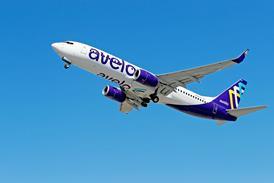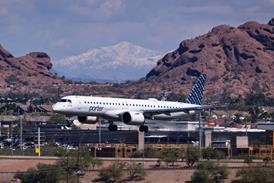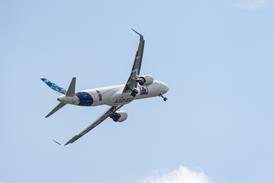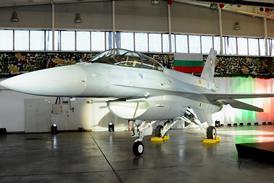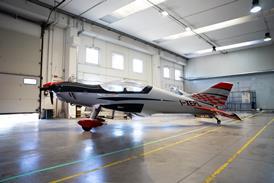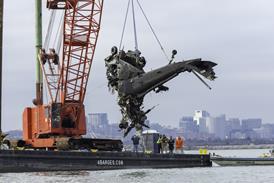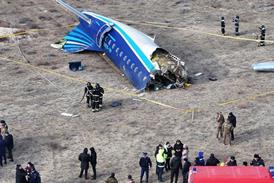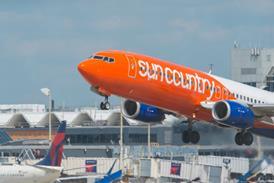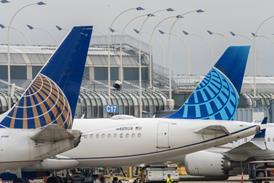FlightGlobal is the global aviation community’s primary source of news, data, insight, knowledge and expertise. We provide news, data, analytics and advisory services to connect the aviation community globally and help organisations shape their business strategies, identify new opportunities and make better decisions faster.
- Trending now
- 2025 World Air Forces directory
- Guide to Business Aviation Training and Safety 2024
- Airline Business podcast
- First Flight - a new podcast
- Sustainable Aviation newsletter
- Women in Aviation
- AIX 2024
- 2024 World Air Forces directory
- Singapore Airshow 2024
- Guide to Business Aviation Training and Safety 2023
- Final Boeing 747 delivery
- 2023 Industry forecast
- 2023 World Air Forces directory
- NBAA 2022
- Farnborough 2022
- What will it take to Decarbonise Aviation?
- AIX 2022
- EBACE 2022
- Guide to Business Aviation Training and Safety 2022
- Ukraine crisis
- The Pilot Survey 2022
- What does the future of aviation look like in 2022?
- World Air Forces directory 2022
- Shell Aviation: What will it take to Decarbonise Aviation?
- EDGE: A new global force in aerospace and defence
- NBAA 2021
- IATA AGM 2021
- Top 100 aerospace companies
- DSEI 2021
- MAKS 2021
- Defending across the domains
- FlightGlobal Guide to Business Aviation Training and Safety 2021
- 737 Max: Two years on
- The Pilot Survey 2021 Report
- Helicopter Report
- Sustainability at Paris
TUI joins airline industry group A4E as sustainability shoots up the agenda

TUI’s move to join the Airlines for Europe (A4E) industry association at the end of 2019 came after the leisure giant decided to seek a louder lobbying voice on pressing issues such as sustainability and taxation.
Keep reading this article by becoming a FlightGlobal member now
PLEASE REGISTER FOR FREE OR SIGN IN TO CONTINUE READING

You have reached your limit of free articles for this period. Register for a FREE account to read this article and benefit from:
- Increased access to online news and in-depth articles from:
- FlightGlobal Premium covering the global aviation industry
- Airline Business providing insight for business leaders
- Weekly newsletters on topics across the industry

